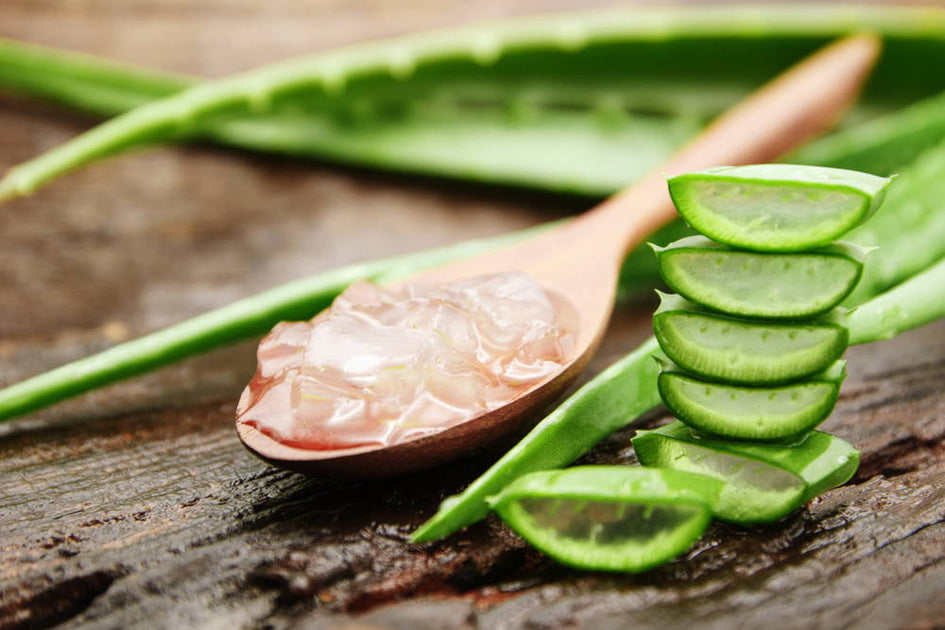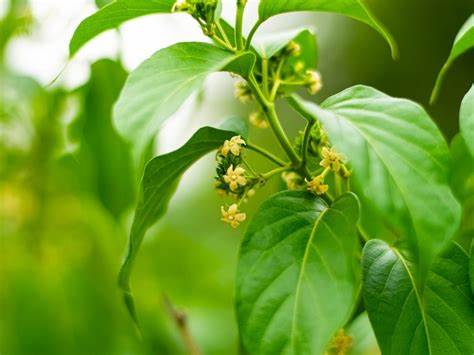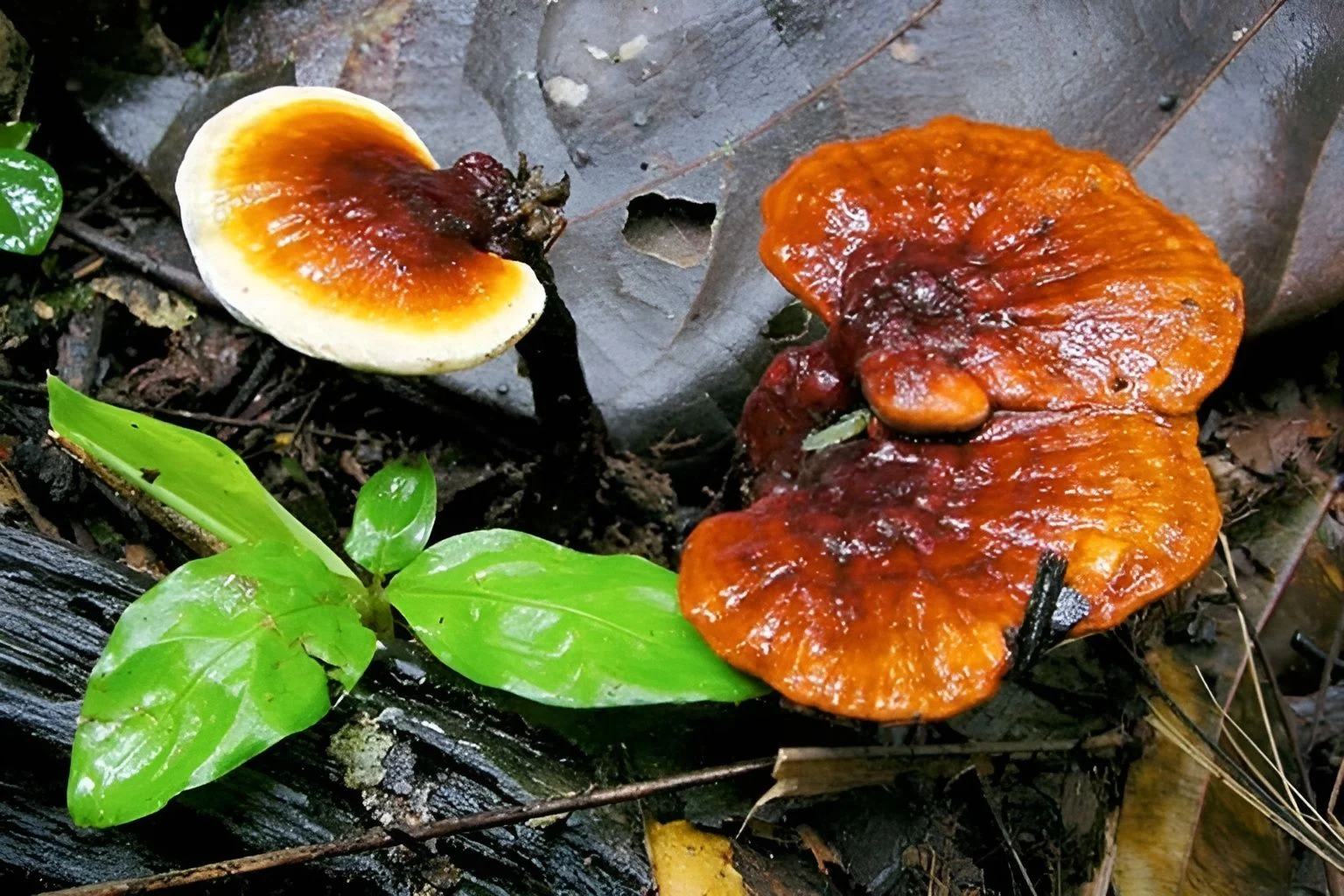Diabetes is a chronic condition that affects millions worldwide, disrupting the body’s ability to manage blood sugar levels effectively. While medication plays a critical role in managing diabetes, many individuals are turning to natural remedies, such as herbs, to help control their blood sugar levels and improve overall health. Herbs have been used for centuries in traditional medicine for their healing properties, and recent studies suggest that some natural herbs can be an effective addition to diabetes treatment plans. In this blog, we will explore how you can use natural herbs to support diabetes management, the benefits of specific herbs, and how they can improve your health holistically.
Understanding Diabetes and the Role of Herbs
Diabetes, particularly Type 2, is often linked to poor lifestyle choices, including unhealthy eating habits, sedentary living, and stress. The body either becomes resistant to insulin or fails to produce enough insulin, leading to high blood sugar levels. Over time, this can lead to severe complications like heart disease, kidney failure, nerve damage, and blindness. Managing blood sugar is essential for preventing these complications.
While medical treatments such as insulin therapy and oral medications are crucial, many people are turning to natural herbs as a complementary treatment option. Herbs offer a gentle, natural approach to lowering blood sugar and boosting overall wellness. Some herbs have shown potential in improving insulin sensitivity, regulating glucose metabolism, and reducing inflammation in the body.
1. Ginseng: A Powerhouse for Blood Sugar Control
Ginseng, particularly Korean Red Ginseng, is one of the most widely studied herbs for diabetes management. This herb has shown promising effects in lowering blood sugar levels and improving insulin sensitivity. Ginseng can help regulate blood sugar spikes after meals, which is essential for managing diabetes.

Research suggests that ginseng enhances insulin production and helps to maintain a balanced blood sugar level. It also has anti-inflammatory properties, which can help reduce the risk of complications associated with diabetes. You can incorporate ginseng into your diet by consuming it as a supplement or brewing it as a tea.
2. Cinnamon: A Flavorful Spice for Diabetes
Cinnamon is a common household spice with a wide range of health benefits, particularly for those with diabetes. Studies have shown that cinnamon can help improve insulin sensitivity, making it easier for the body to use insulin effectively. This is particularly beneficial for individuals with Type 2 diabetes, where insulin resistance is a primary concern.
Cinnamon contains compounds that mimic insulin’s effects and improve glucose uptake in cells, helping to lower blood sugar levels. You can add cinnamon to your diet by sprinkling it on your morning oatmeal, smoothies, or in teas. For those with diabetes, incorporating cinnamon into meals may offer a simple, flavorful way to support blood sugar management.
3. Fenugreek: A Powerful Herb for Managing Diabetes
Fenugreek is a well-known herb in traditional medicine, particularly for its role in managing diabetes. Fenugreek seeds contain soluble fiber, which can help slow the absorption of sugars in the digestive system. This helps regulate blood sugar levels and can be especially beneficial for people with Type 2 diabetes.
The seeds of fenugreek are rich in a compound called 4-hydroxyisoleucine, which enhances insulin secretion and improves insulin sensitivity. Regular consumption of fenugreek can help manage both blood sugar and cholesterol levels. Fenugreek can be taken as a supplement, in powder form, or used to flavor dishes like curries and soups.
4. Bitter Melon: A Natural Blood Sugar Regulator
Bitter melon is a tropical fruit that has long been used in traditional medicine to treat diabetes. It contains compounds like charantin, polypeptide-p, and vicine, which have insulin-like properties that help lower blood sugar levels. Bitter melon has been shown to reduce blood glucose levels in both Type 1 and Type 2 diabetics.

Bitter melon is believed to work by improving glucose metabolism and increasing the body’s ability to use insulin effectively. You can consume bitter melon as a vegetable, juice, or in supplement form to help manage blood sugar levels. While its bitter taste may be unappealing to some, the benefits of this natural remedy make it worth considering.
5. Turmeric: A Natural Anti-Inflammatory Herb
Turmeric, widely known for its anti-inflammatory properties, is another herb that can play a role in managing diabetes. The active compound in turmeric, curcumin, has been shown to help reduce inflammation, a key factor in the development and progression of diabetes. Chronic inflammation can contribute to insulin resistance, making it harder for the body to regulate blood sugar.
Turmeric has also been shown to help improve insulin sensitivity, which can be beneficial for people with Type 2 diabetes. To incorporate turmeric into your diet, add it to curries, soups, or teas. You can also take turmeric supplements for added convenience.
6. Aloe Vera: An Herb for Blood Sugar Management
Aloe vera is a widely used plant with numerous health benefits. Research has suggested that aloe vera gel can help lower blood sugar levels in people with Type 2 diabetes. The plant contains polysaccharides, which have been found to improve insulin sensitivity and reduce glucose levels.

Aloe vera is also beneficial for gut health, which is crucial for people with diabetes since digestive health impacts blood sugar levels. Aloe vera can be consumed as a juice, or the gel can be taken directly as a supplement. As with any natural remedy, it’s essential to consult a healthcare professional before starting aloe vera for diabetes treatment.
7. Garlic: A Heart-Healthy Herb for Diabetics
Garlic is not only a potent herb for overall health but also offers specific benefits for people managing diabetes. Garlic has been shown to help regulate blood sugar levels, improve insulin sensitivity, and reduce cholesterol levels—making it an ideal herb for those with diabetes, who are at an increased risk of heart disease.
Garlic’s active compounds, such as allicin, are thought to enhance glucose metabolism and improve blood circulation. Including garlic in your diet is easy—add it to your meals, soups, or even roasted vegetables for an added health boost. It’s also available in supplement form for those who prefer a more concentrated dose.
8. Holy Basil: A Stress-Reducing Herb for Diabetics
Holy basil, also known as Tulsi, is a revered herb in Ayurvedic medicine for its stress-reducing properties. Stress can have a significant impact on blood sugar levels, and chronic stress is a risk factor for diabetes. Holy basil has adaptogenic properties, meaning it helps the body cope with stress and may help lower blood sugar levels.
Holy basil is believed to improve insulin sensitivity and help regulate blood sugar levels. You can consume holy basil by brewing it as a tea or taking it in supplement form. It also offers other health benefits, such as reducing inflammation and promoting overall wellness.
9. Gymnema Sylvestre: An Herb for Sugar Cravings
Gymnema Sylvestre, also known as “sugar destroyer,” is a powerful herb used in traditional medicine to treat diabetes. It has been shown to reduce sugar cravings and may help reduce blood sugar levels by blocking sugar absorption in the intestines. Gymnema Sylvestre may also help enhance insulin production and reduce insulin resistance.

This herb can be taken in supplement form or brewed into a tea. Gymnema Sylvestre is particularly helpful for those looking to control their cravings for sweet foods and manage blood sugar levels naturally.
Conclusion: Incorporating Natural Herbs into Diabetes Management
Using natural herbs as part of a comprehensive diabetes management plan can provide significant benefits. While herbs alone cannot replace medication, they can support overall health, enhance insulin sensitivity, and help maintain balanced blood sugar levels. However, it’s crucial to consult with a healthcare provider before adding any herbal remedies to your treatment plan to ensure safety and effectiveness.
By combining a healthy diet, regular physical activity, and the power of herbs, you can better manage your diabetes and improve your overall well-being. Always remember that lifestyle changes and consistent monitoring are key to effectively managing diabetes and preventing complications.

Leave a Reply